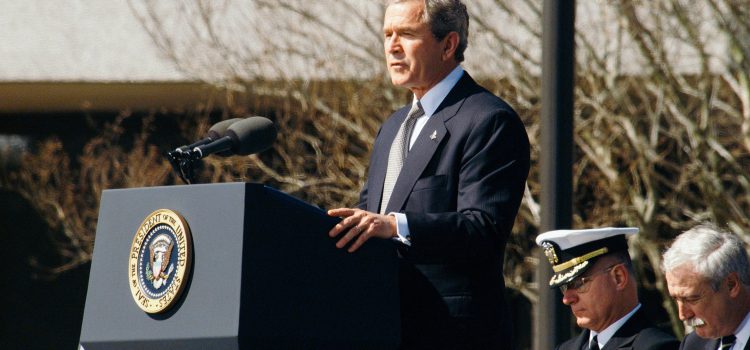
In recent years, there has been a growing recognition of the need to address bias and stereotypes in government administration. From discriminatory policies to the lack of diversity among government officials, these issues have a profound impact on the functioning of our democracy.
However, changing the narrative requires more than just acknowledging the problem. It requires a concerted effort to uncover and challenge biases, and to promote diversity and inclusion at every level of government.
One of the biggest challenges in addressing bias and stereotypes in government administration is that they are often deeply ingrained and institutionalized. For example, studies have shown that even when hiring managers are explicitly instructed to avoid bias, they still tend to favor candidates who share their own demographic characteristics.
To combat this, it is essential to implement concrete strategies to identify and eliminate bias. This can include using objective hiring criteria, such as skills assessments and blind resume screening, and providing implicit bias training to all government employees.
Another key factor in promoting diversity and overcoming stereotypes in government administration is the need for representation. It is essential that government officials reflect the diversity of the communities they serve, as this can help to ensure that policies and programs are responsive to the needs and concerns of all citizens.
To this end, there have been efforts to increase representation in government, such as through affirmative action programs and targeted recruitment initiatives. However, there is still much work to be done in this area, particularly in leadership positions where women and people of color remain underrepresented.
Ultimately, changing the narrative on bias and stereotypes in government administration requires a sustained commitment to diversity, inclusion, and equity. This means not only addressing individual biases and stereotypes, but also dismantling the structural inequalities that underlie them.
As citizens, we have a responsibility to hold our government officials accountable for promoting diversity and inclusion, and to demand that they take concrete action to address bias and stereotypes. By working together to create a more equitable and just government, we can help to ensure that all voices are heard and all people are represented.










